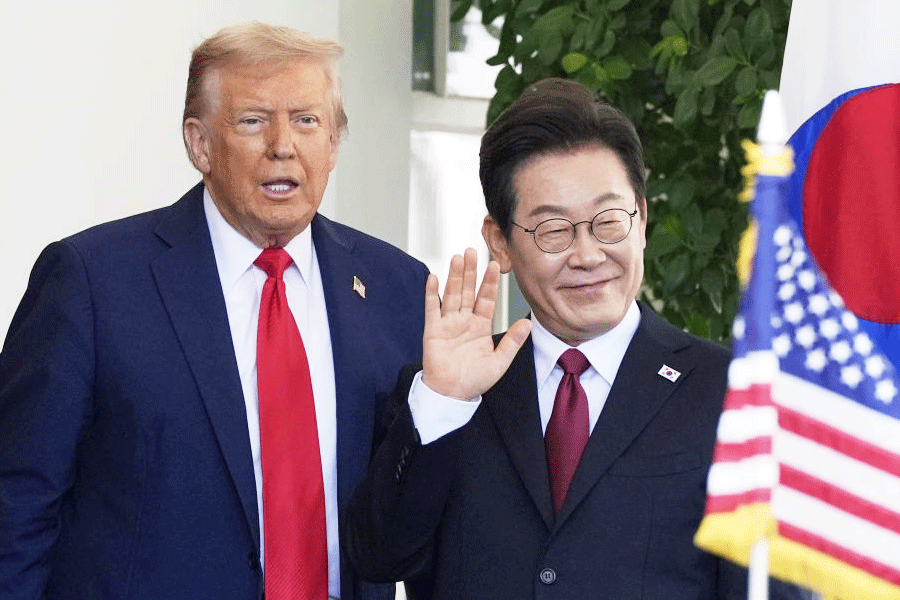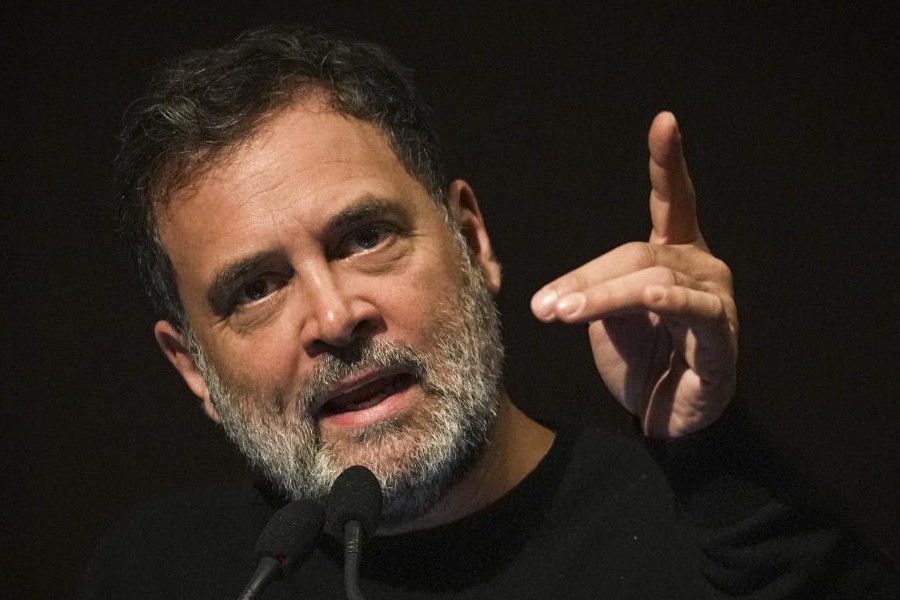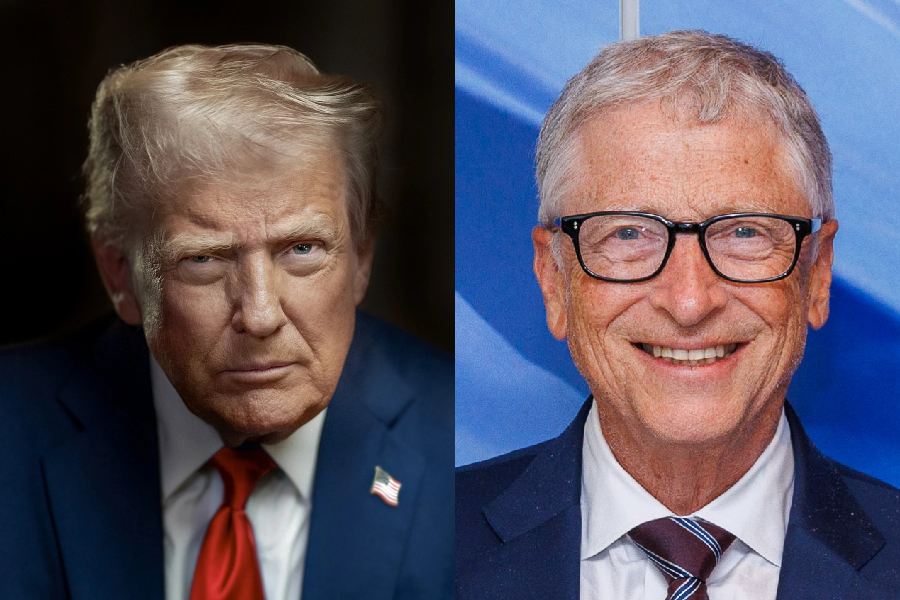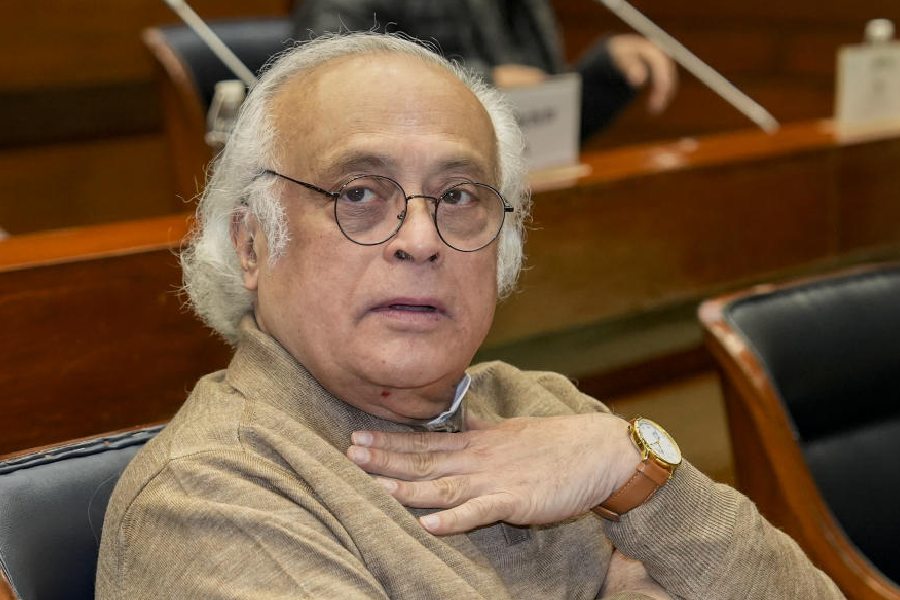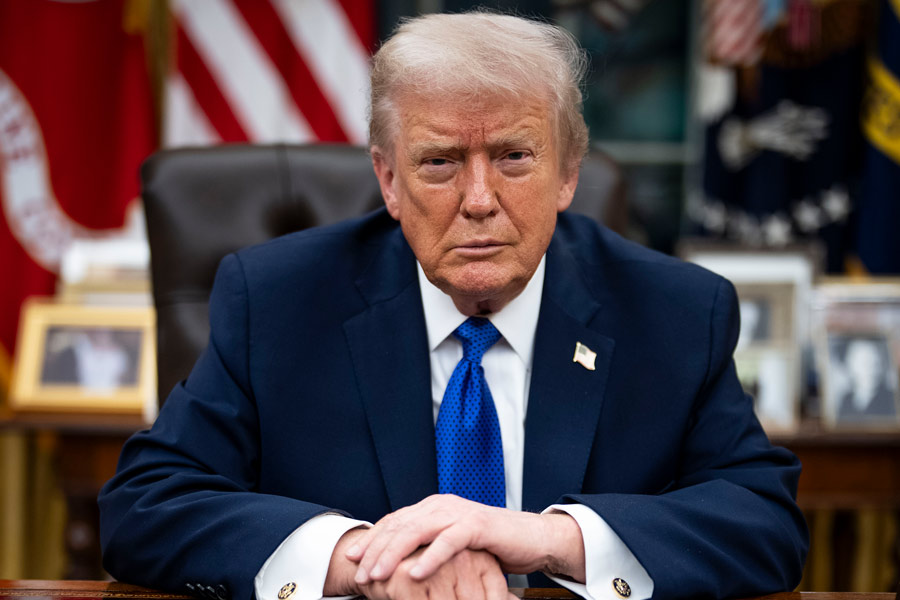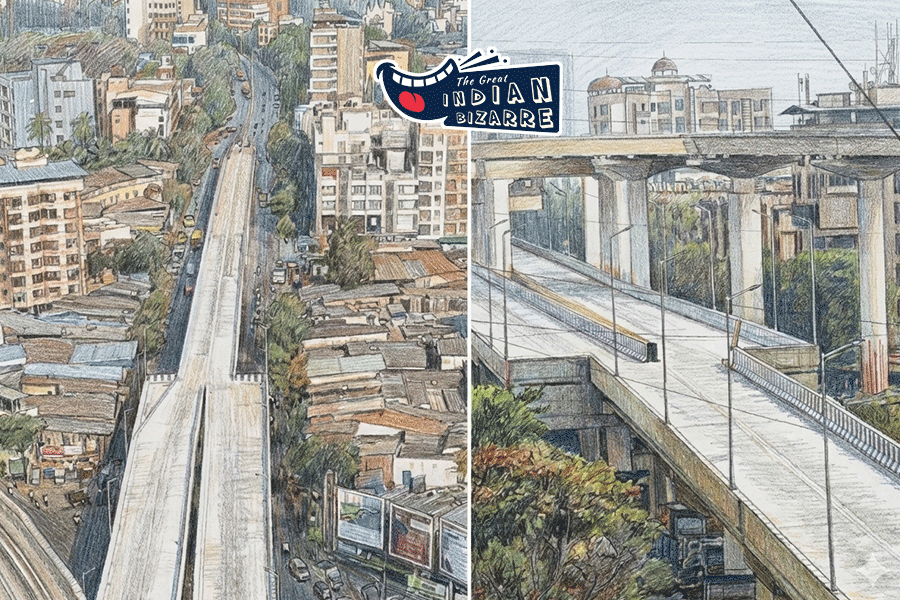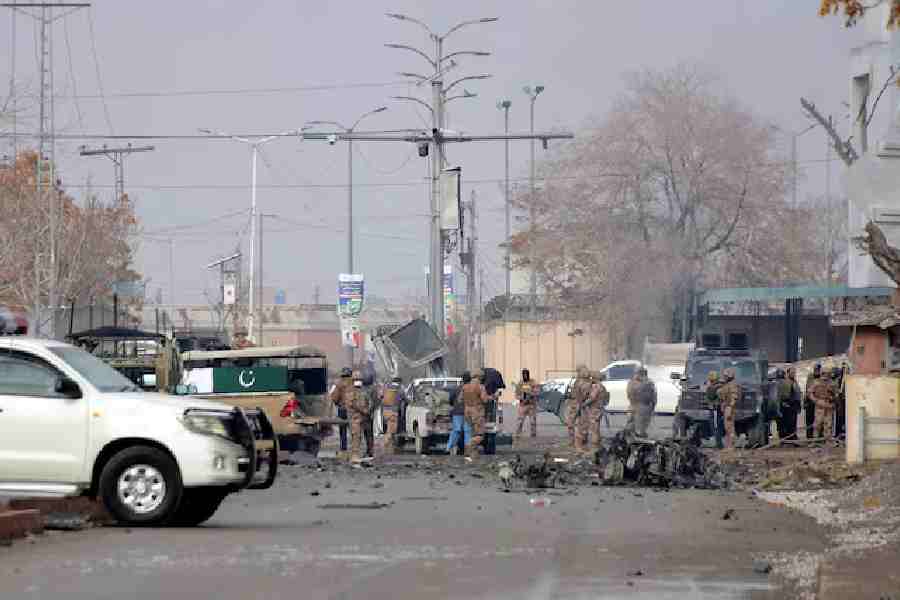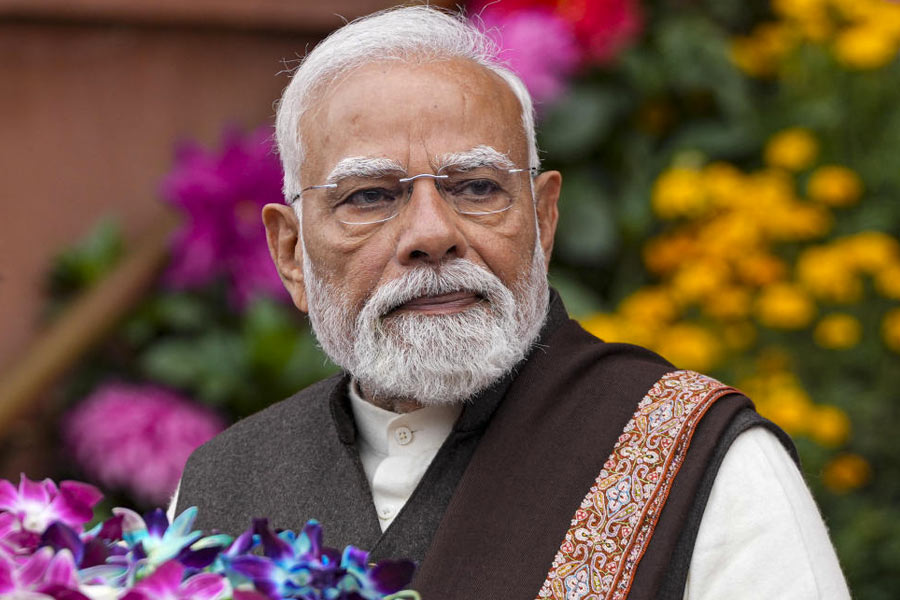US President Donald Trump halted the deportation of hundreds of South Korean Hyundai-LG battery plant workers arrested during an immigration enforcement raid and proposed they stay to train Americans, the Financial Times reported, citing South Korean officials.
Reuters could not immediately confirm the report.
South Korea's president said on Thursday that South Korean companies will likely hesitate to maintain or make direct investments in the United States if the US fails to improve its visa system for Korean workers, as US authorities released hundreds of workers who were detained at a Georgia factory site last week.
In a news conference marking 100 days in office, Lee called for improvements in the US visa system as he spoke about the September 4 immigration raid in Georgia that resulted in the arrest of more than 300 South Korean workers at a battery factory under construction at Hyundai's sprawling auto plant in the American city.
Lee said the Korean workers are set to be brought home on Friday aboard a charter plane following negotiations with the US.
The massive roundup in Georgia, and US authorities' release of video showing some workers being chained and taken away, sparked widespread anger and a sense of betrayal in South Korea.
The raid came less than two weeks after a summit between President Donald Trump and Lee, and just weeks after the countries reached a July agreement that spared South Korea from the Trump administration's highest tariffs, but only after Seoul pledged USD 350 billion in new US investments.
Lawmakers from both Lee's liberal Democratic Party and the conservative opposition decried the detentions as outrageous and heavy-handed.
Lee said that whether the US establishes a visa system allowing South Korean companies to send skilled workers to industrial sites will have a “major impact” on future South Korean investments in the US.
“It's not like these are long-term workers. When you build a facility or install equipment at a plant, you need technicians, but the United States doesn't have that workforce and yet they won't issue visas to let our people stay and do the work,” he said.
Lee said the raid showed a “cultural difference” between the two countries in how they handle immigration issues.
“In South Korea, we see Americans coming on tourist visas to teach English at private cram schools — they do it all the time, and we don't think much of it, it's just something you accept,” Lee said.
“But the United States clearly doesn't see things that way. On top of that, US immigration authorities pledge to strictly forbid illegal immigration and employment and carry out deportations in various aggressive ways, and our people happened to be caught in one of those cases,” he added.
The Georgia battery plant is one of more than 20 major industrial sites that South Korean companies are currently building in the United States. They include other battery factories in Georgia and several other states, a semiconductor plant in Texas, and a shipbuilding project in Philadelphia, a sector Trump has frequently highlighted in relation to South Korea.
Min Jeonghun, a professor at South Korea's National Diplomatic Academy, said it's chiefly up to the United States to resolve the issue, either through legislation or by taking administrative steps to expand short-term work visas for training purposes.
He said it would be a mistake to underestimate the public anger in South Korea over the detentions in Georgia, which came after Lee's government pledged to pour hundreds of billions of dollars into US industrial investments against the backdrop of a decaying job market at home.
Without an update in US visa policies, Min said, “Korean companies will no longer be able to send their workers to the United States, causing inevitable delays in the expansion of facilities and other production activities, and the harm will boomerang back to the US economy.”

